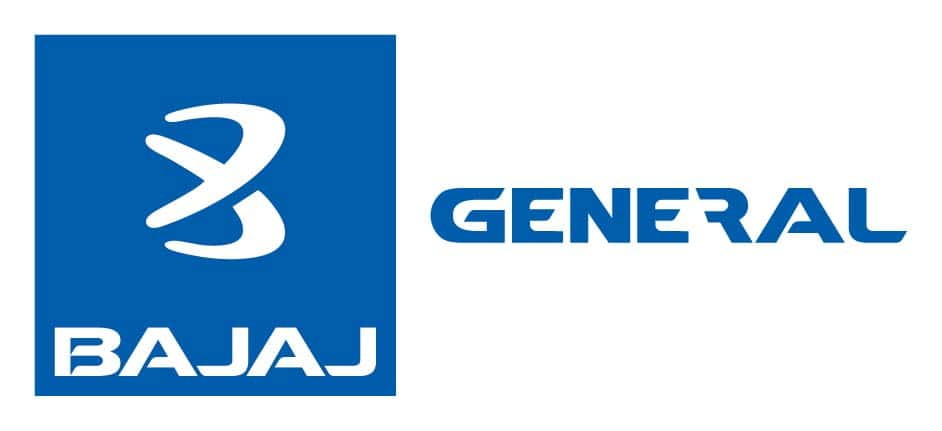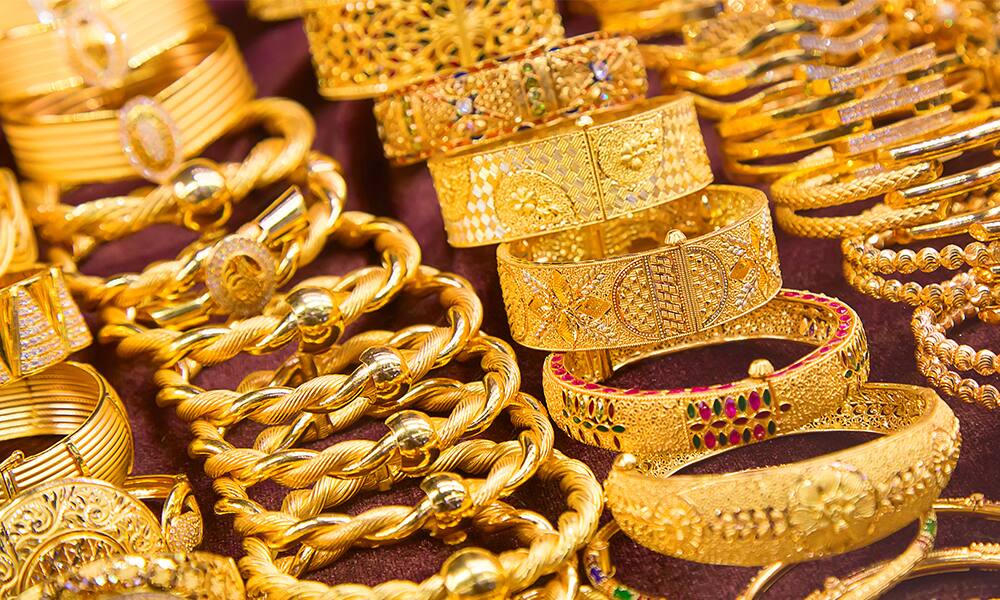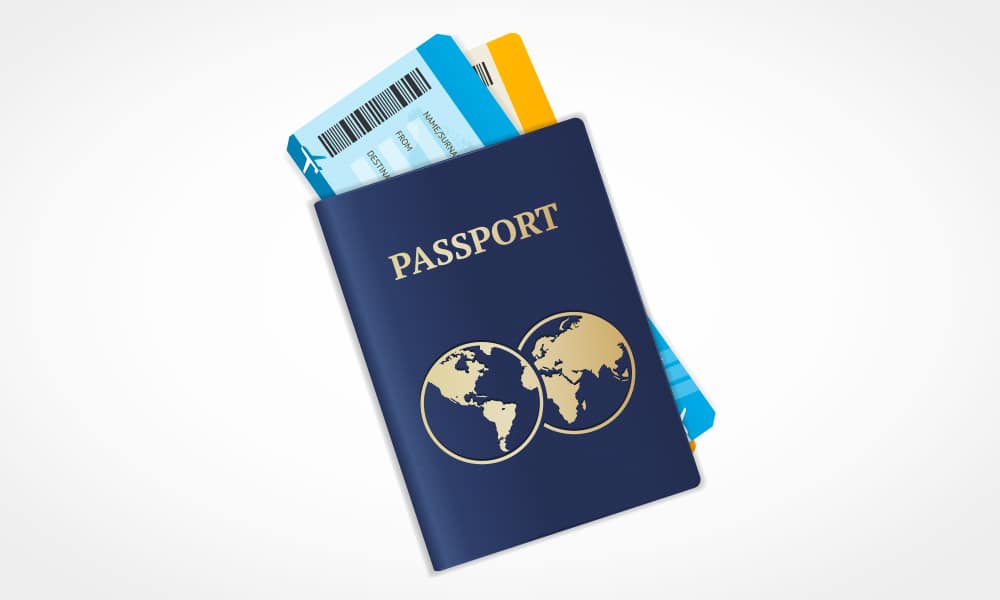


Does any of the traveller have any pre-existing medical condition like BP, diabetes etc? See what it means ›
Now covers COVID-19
Things to Know Before Visiting Cambodia
Cambodia, home to the legendary Angkor Wat temple, offers travellers a unique glimpse into ancient history while providing modern adventures in its vibrant cities and serene eco-tourism spots. Whether you're wandering through bustling street markets or exploring centuries-old temples, understanding Cambodia's cultural nuances, laws, and everyday customs is essential. These are among the things to know before visiting Cambodia for an unforgettable and respectful experience.
Travel Insurance Plans on PolicyBazaar#1
- Individuals
- Sr. Citizens
- Students
Cambodia at a Glance!
Cambodia is a captivating destination with friendly people, a rich cultural heritage, and stunning landscapes that beckon travellers from around the world. In 2023, the country hosted 68,836 Indian nationals, and expects the number to increase 3-4 times in 2024.
To help you navigate your journey, here is a quick overview of essential things to know before travelling to Cambodia. These include entry requirements, climate, and local driving customs, amongst other important things.
| Categories | Specification |
| Major Airports | ✅ Phnom Penh International Airport ✅ Siem Reap International Airport |
| IDL Requirement for Tourists | ✅ An International Driving License (IDL) is required for Indians driving in Cambodia. |
| Minimum Daily Budget for 1 Person | ✅ INR 2500 to 4200 per day for accommodation, food, travel, and activities. |
| Average Temperature | ✅ Tropical climate with temperatures ranging from 25°C to 35°C |
| Best Time to Visit | ✅ Outside monsoon season from November to April |
| Driving Side | ✅ Vehicles drive on the right-hand side of the road |
*Please note that the costs are subject to change as per the current rate of conversions.
Cambodia Visa Requirements for Indian Nationals
Indian nationals planning to visit Cambodia for tourism or business purposes can quickly obtain Cambodia visa on arrival or apply for an e-visa before their trip. This system offers flexibility and convenience for travellers with varying needs, ensuring a smooth entry process.
For Indian travellers opting for the visa on arrival, the following documents are required at the immigration desk:
- Valid Passport: Your passport must be valid for at least six months from the intended entry into Cambodia.
- Completed Visa Application Form: Available online or at the immigration counter.
- Recent Passport-Sized Photograph: The photo should be passport-sized, have a white background, and be in a digital format (JPEG or PNG is acceptable).
- Photocopy of Passport Bio-Page: This should clearly show your name and photo. Black and white copies are acceptable.
- Credit Card: If required, a valid credit card (Visa or MasterCard) for fee payment.
Upon presenting these documents, Indian travellers can receive a visa valid for up to 30 days.
Based on the fee structure for various nationalities, Indian nationals should expect the following costs for a visa on arrival:
- Tourist Visa: USD 30 (approximately INR 2506.46), plus a service fee of USD 6 (INR 501.29).
- Business Visa: USD 35 (approximately INR 2924.21), plus a service fee of USD 7 (INR 584.84).
For more details or to initiate the application process, Indian nationals can visit the official website.
10 Things to Know About Cambodia
Cambodia is one of the friendliest and most scenic countries in Southeast Asia. The Khmer people have prevailed thanks to their unbreakable spirit and infectious optimism. However, before making your way to this mysterious kingdom, here are 10 crucial things to know before going to Cambodia:
-
Cambodians' Deep Respect for Monarchy and Religion
Cambodia's cultural identity is closely tied to Buddhism and the monarchy, both of which command deep respect. When visiting temples, dress modestly by covering shoulders and knees. Monks and royal figures are highly respected, so maintain a polite distance, especially when taking photos. Some sacred sites restrict photography, and being mindful of these customs reflects an appreciation for local values.
-
Understand Cambodia's Rainy Season
Visiting Cambodia during the rainy season, which runs from May to October, offers challenges and rewards. The rains can be intense, with heavy downpours causing temporary flooding and potential travel delays. But this season also paints the landscape in vivid greens, bringing life to rice paddies and jungle-clad temples. Fewer tourists mean quieter moments at iconic sites.
To fully enjoy this time of year, pack waterproof gear, wear quick-dry clothing, and be ready to embrace a bit of unpredictability. Have a flexible itinerary that allows for spontaneous indoor activities or alternative routes.
-
Figuring Out Cambodian Transportation
Getting around Cambodia is easy with tuk-tuks, which are famous in cities like Phnom Penh and Siem Reap. These open-air rides are affordable, but agreeing on a fare upfront is advisable. Ride-hailing apps like Grab provide upfront pricing for convenience. Buses are reliable and economical for longer trips, while boats offer scenic river journeys. Keep an eye on belongings, as open-air travel can pose risks.
-
Essential Etiquette Tips
Cambodia's cultural etiquette might seem subtle, but observing it will make your visit more meaningful. Remove your shoes before entering temples or homes, and avoid pointing your feet at people, especially when sitting. Cambodians place great importance on politeness, so greeting others with a slight bow and smile is the norm, particularly when interacting with elders.
One thing to remember is that touching someone on the head is considered disrespectful. Small gestures like these can show that you respect local customs, which will be warmly appreciated by the people you meet.
-
Essential Vaccination and Health Tips
Before embarking on your journey to Cambodia, ensure that you have taken the required vaccinations. It is recommended that people get vaccines for hepatitis A and B; malaria precautions are advised in some rural regions. Cambodia's healthcare system can be limited outside urban centres, so bringing a basic first aid kit and any medications you regularly use is wise.
-
Traditional Massage Culture in Cambodia
Cambodia is known for its soothing traditional Khmer massages, which use gentle pressure and stretching for relaxation and healing. While many parlours operate in tourist areas, quality varies, so it's best to research reputable places or ask locals for recommendations. A well-chosen massage can be a refreshing way to unwind after sightseeing, but careful selection ensures a satisfying experience.
-
Tipping Culture in Cambodia
Tipping in Cambodia is appreciated but not expected. Leaving small changes or rounding up the bill is a nice gesture in restaurants, especially if the service is excellent. Hotel staff and tour guides also welcome tips but do so discreetly. Though tipping isn't a widespread practice among locals, it's becoming more familiar with the rise in tourism.
-
Keeping Devices Charged During Your Trip
When travelling to Cambodia, it is crucial to come prepared with the right power adapters. The country uses plug types A, C, and G with a standard voltage of 230V, so ensure you have a compatible adapter. While many hotels provide universal sockets, it is wise to bring your travel adapter to avoid disruptions.
-
Cambodia's Festivals Give a Glimpse Into Local Life
If you're lucky enough to visit during one of Cambodia's many festivals, you'll witness the vibrant cultural heartbeat of the country. The Water Festival in November is one of the biggest, with boat races and colourful parades marking the reversal of the Tonle Sap River. Other notable events include the Khmer New Year in April and the spiritual Pchum Ben festival in September/October.
These celebrations offer an incredible opportunity to immerse yourself in Cambodian culture, with music, dance, and local traditions on full display, making your trip even more memorable.
-
Exploring Cambodia's Unique Flavours
Cambodia's food scene is a feast for the senses, offering everything from street food to upscale dining. One must-try dish is amok, a rich coconut milk curry traditionally served with fish or chicken. Cambodia's famous fried insects, like crickets or tarantulas, provide a crunchy and flavorful snack for the more adventurous.
Noodle dishes like kuay teow and fresh spring rolls are also staples of local cuisine. As you explore bustling markets and street stalls, you'll discover the range of flavours that define Khmer cuisine, making each meal a new culinary adventure.
Travel Tips for Cambodia
Before embarking on your Cambodian adventure, it is essential to equip yourself with practical tips to enhance your experience. From navigating local customs to staying connected, these are the things to know before visiting Cambodia to help ensure a smooth and enjoyable journey through this vibrant country.
-
Comprehensive Travel Insurance for Cambodia
Securing travel insurance is one of the most essential things to do before going to Cambodia. While not mandatory, travel insurance is highly recommended for Cambodia. Medical facilities, especially in rural areas, may not be as well-equipped as urban facilities. Insurance that covers medical emergencies, cancellations, and theft can be a lifesaver. It is also helpful for unforeseen events like lost luggage or delayed flights.
-
Understanding the Currency and Payment Options
You'll mostly use the Cambodian Riel (KHR) and the US dollar in Cambodia. In cities like Phnom Penh and Siem Reap, USD is widely accepted for transactions, but small change is often given in riel, so carrying both currencies in small denominations is smart.
However, riel is more commonly used in rural areas, so having some local currency on hand is essential for everyday purchases, from food stalls to transportation.
-
Navigating Wi-Fi and Internet Connectivity
Wi-Fi is widely available in Cambodia's cities like Phnom Penh and Siem Reap, with hotels, cafes, and restaurants providing reliable connections. In rural areas, however, internet service may be limited. A local SIM card with a data plan from providers like Metfone, Smart, or Cellcard ensures better connectivity. Upon arrival, SIM cards are easily purchased at airports, convenience stores, and mobile shops.
-
Learning Basic Khmer Language Skills
While English is spoken in tourist-heavy areas, especially among younger Cambodians, learning a few basic Khmer phrases can enrich your experience. Greetings like “sok sabay” (hello) or polite expressions like “aw kohn” (thank you) show respect for local culture and often open doors to friendlier interactions.
-
Important Emergency Contacts and Safety Information
Preparing for emergencies is essential, among things to do before visiting Cambodia. The emergency number for police is 117, and for medical assistance, dial 119. Additionally, knowing the contact and location of the Indian Embassy in Phnom Penh is one of the most important things to know before going to Cambodia for Indian nationals to ensure you get timely assistance during emergencies.
-
What to Wear and Pack
Cambodia's tropical climate calls for light, breathable clothing like cotton shirts and loose trousers to stay cool. Bring sunscreen and insect repellent for sun and mosquito protection. When visiting religious sites like Angkor Wat, dress modestly by covering shoulders and knees to respect customs. Lightweight, long-sleeved shirts are helpful for sun protection while maintaining comfort.
*Disclaimer: All costs are approximate and are subject to change at the time of travel.
FAQs
-
Q1: Can you use ATMs in Cambodia?
Ans: Yes, ATMs are available in cities, but be aware of relatively high withdrawal fees, ranging from INR 250 to INR 420 per transaction. -
Q2: Is Cambodia a budget-friendly destination?
Ans: Absolutely. Cambodia offers affordable accommodations, meals, and local transport, making it a popular destination for budget-conscious travellers. -
Q3: How much cash should you carry for daily expenses in Cambodia?
Ans: Carry a modest amount of cash, around INR 5799, for daily expenses like street food and market purchases, especially in smaller towns. -
Q4: Can you use WhatsApp in Cambodia?
Ans: Yes, WhatsApp works fine as long as you have a local SIM card or access to Wi-Fi. -
Q5: Is it safe to eat street food in Cambodia?
Ans: Street food is a highlight of Cambodian cuisine. To ensure better hygiene standards, stick to busy vendors where food is cooked fresh.
STANDARD TERMS AND CONDITIONS APPLY. For more details on risk factors, terms, and conditions, please read the sales brochure carefully before concluding a sale.
Policybazaar Insurance Brokers Private Limited, Registered Office - Plot No.119, Sector - 44, Gurgaon, Haryana - 122001 | CIN: U74999HR2014PTC053454 | Policybazaar is registered as a Composite Broker | Registration No. 742, Valid till 09/06/2027 | License category - Composite Broker | Contact Us | Legal and Admin Policies
* Price shown is for a 30 day trip to Cambodia with 50,000 dollar coverage for an adult of age 25 years



















































